Education - the gathering of knowledge and understanding - enables one to make meaningful contribution in spheres of human activity and is crucial for development in humans, and humanity at large. The primary objective is the promotion of proficiency and capability in individuals.
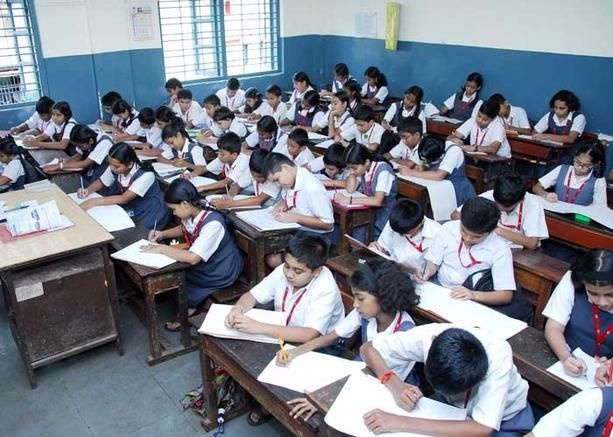
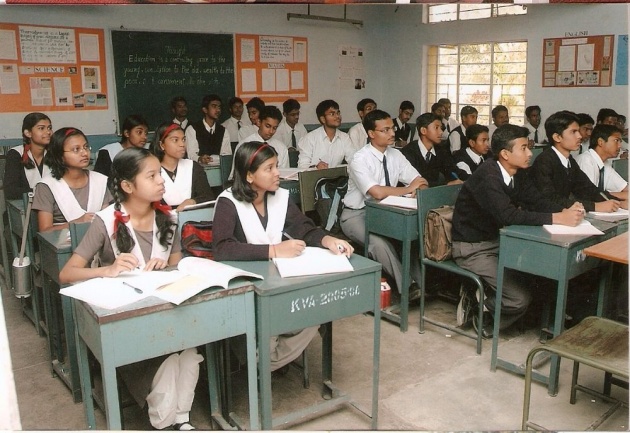
Images source #google
Individuals differ from each other in what they inherently have and what they develop - some are enduring in effort, some are skilled with numbers and figures, some are comfortable with logic and reason, some are creative (capable of original thought and work) in one way or another. Since education adds to one's natural and acquired faculties, the most meaningful systems would be those that recognize inherent and basic capabilities in people and help them build their own areas of proficiency and expertise.
However, this is where our educational systems (formal and informal) lack. The only aim in the minds of most parents and educators is that children gain comfortable occupation or employment as adults. While this is a justifiable concern, not much thought is given to accounting for individual inclinations and strengths. As a result, creativity gets sidelined and blunted, and (except for those whose inclinations coincide with such learning), children end up doing what the 'herd' does, doomed to the rat-race and a life of mediocrity.
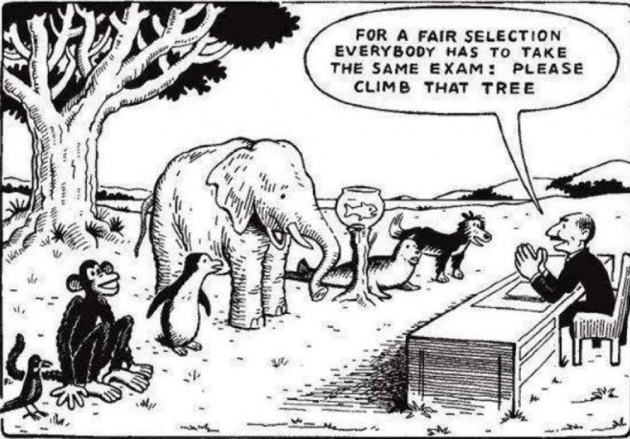

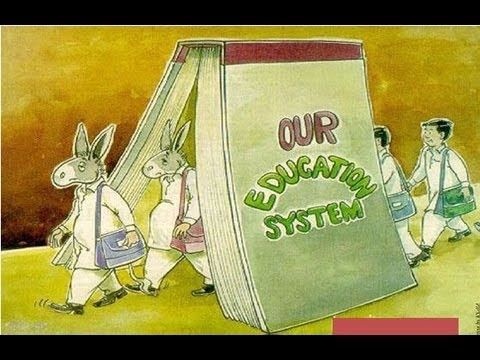
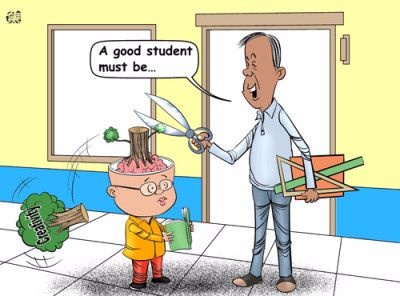
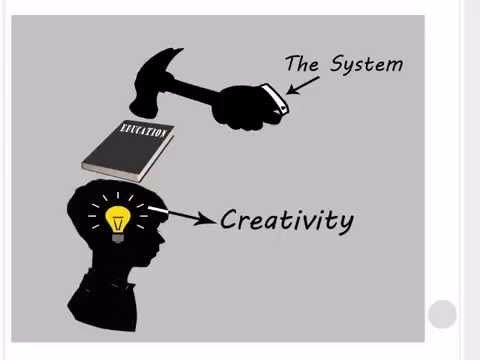
Images source #google
Videos source #youtube
It must be appreciated that, for many, 'comfortable' would also include a sense of belonging, competence and achievement. This can be gained only when children have the choice to follow their creative inclinations with pride, and develop related proficiencies in the confidence that contributions through these are valuable too. Parents, society, and educators need to recognize this truth, and systems need to incorporate such choices, so that inspiration, energy and dynamism - the three traits that have brought humankind this far - are not lost in the next generation.
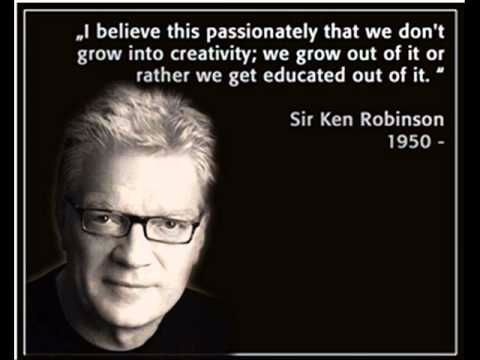
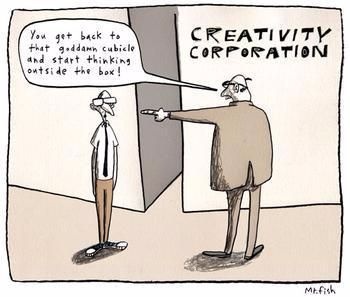
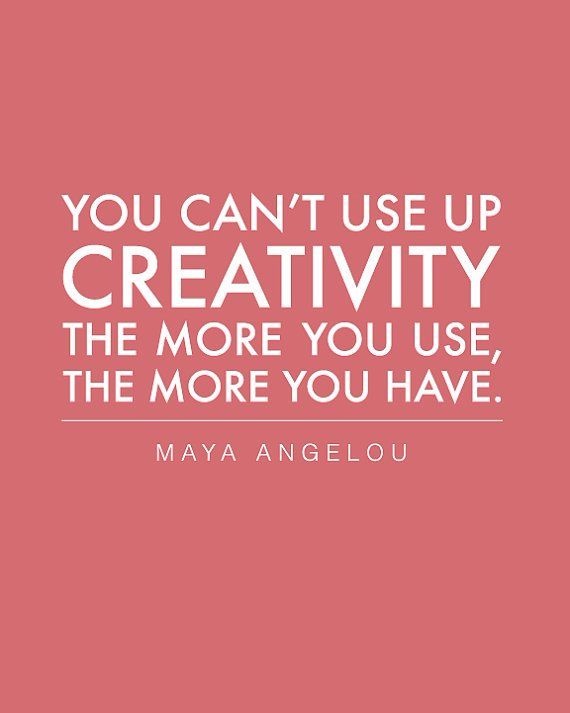
Images source #google



